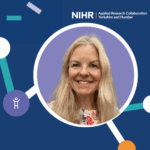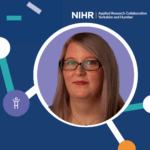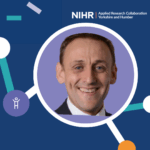An ‘explosion in the mouth’: The oral health experiences of autistic children
In England, a quarter of 5-year-olds have tooth decay. For families with autistic children, establishing optimal habits (toothbrushing twice a day with fluoride toothpaste, limiting sugar intake and regular dental visits) can be difficult. Oral health experiences from the perspective of autistic children remains unexplored. Interviewing autistic children is crucial as it provides direct insights into their unique experiences and needs, ensuring their voices are represented in research. Therefore, we aimed to explore autistic children’s oral health experiences, including the barriers and facilitators to optimal oral health behaviours. We sought the views of 10 autistic children (aged 7–13 years old) about toothbrushing, healthy eating and visiting the dentist, using spoken interviews and Talking Mats®. Data were analysed using reflexive thematic analysis. Two themes were identified: (1) The diverse sensory nature of oral health activities; and (2) developing trust and routine through consistency, communication and collaboration. Our inclusive methodologies enabled autistic children with diverse communication needs to participate. Such methodologies improve the representation of autistic children in oral health research and autism-related studies more generally. The findings are informing the development of a new personalised support package to help families meet their autistic children’s unique needs.
Details:
Theme:
Author(s):

Professor in Dental Public Health

Lecturer

Professor and Consultant in Paediatric Dentistry